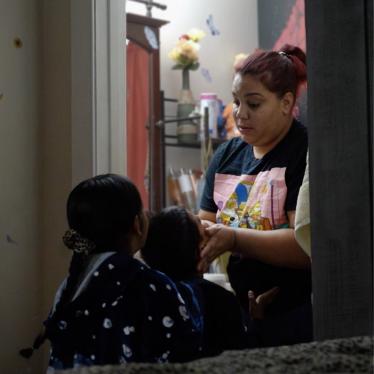For decades, home care workers in the United States have spent their days tending to the essential needs of others’ loved ones – all while being denied the right to be paid the federal minimum wage.
Today, the US Department of Labor corrected this injustice, by extending minimum wage and overtime protections of the Fair Labor Standards Act to home care providers, who feed, bath, and, in general, care for people with disabilities and a growing aging population.
The new regulation will go into effect on January 1, 2015.
Home care workers, like domestic workers worldwide, are mostly female, and many of them are immigrants and women of color. Their jobs are physically demanding, entail tasks of the most intimate nature, require odd hours, and can be considerably stressful.
But despite the exertion, skill, and commitment they bring to their work, full-time home care providers – many of whom are heads of households – may not bring home enough pay to keep their families out of poverty. At the same time, their low wages support a $70 billion industry that typically provides few benefits.
The move to extend federal wage and hour protections to these workers is just the beginning of ensuring a fair and just working environment. US policymakers should also address critical deficiencies in work-family policies that take a particularly harsh toll on low-wage workers, including lack of national paid family leave insurance and paid sick days, inadequate and unaffordable child care, inflexible work conditions, and gaps in protections against workplace discrimination. After all, people who care for others’ families should be in a position to care for their own.
Doing so will help build a secure future for those who give, and those who receive, caregiving services.









